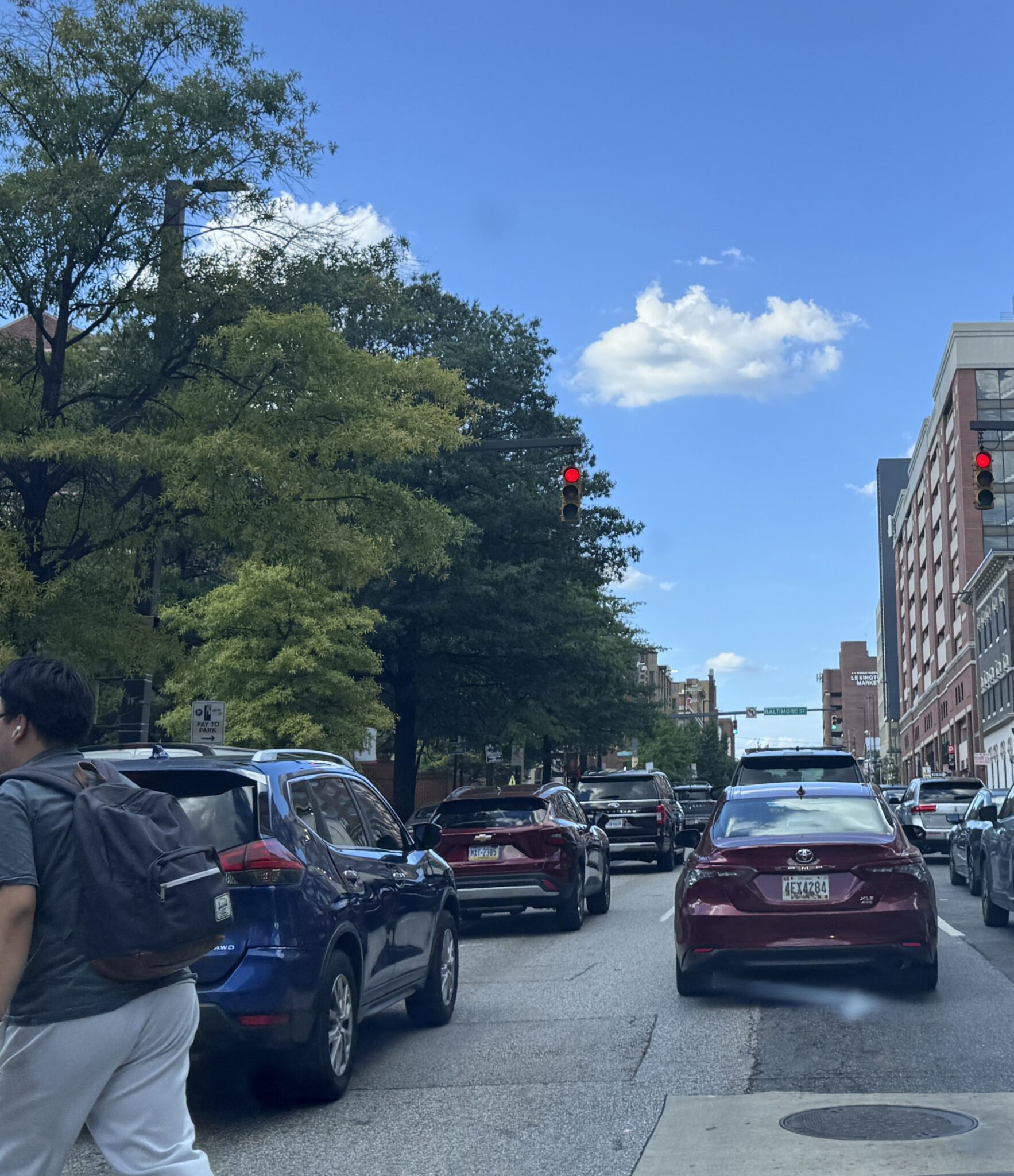Can I Sue a Public Official If They Hit Me ?

Knowledgeable Baltimore personal injury lawyers are aware that an official of a municipal corporation is immune from suit for their official actions, while acting in a discretionary capacity, in the absence of malice. However, an official of a municipal corporation is not immune from claims for negligence arising from the operation of a motor vehicle up to the limits of the applicable motor vehicle insurance policy. As Attorney Eric T. Kirk will tell you.
The MTCA, in part, is Maryland’s partial waiver of sovereign immunity for tort actions against Maryland and its State units, subject to strict conditions and damages caps. It also generally gives State personnel immunity from suit for acts within the scope of public duties and without malice or gross negligence.
The LGTCA, can be seen as legislation that does not generally waive local governmental immunity in tort. Instead, it (i) imposes notice and timing requirements on claimants, (ii) sets damages caps, and (iii) requires the local government to defend and indemnify its employees for torts within the scope of employment (absent malice), up to the statute’s limits. Local governments remain not liable for punitive
Who you sue & whom you notify?
- MTCA:
Defendant: Typically the State (or State unit), not the individual employee (absent malice/gross negligence). Notice/administrative claim: Written claim to the State Treasurer or designee) within 1 year of the injury; typically cannot file suit until the Treasurer finally denies the claim (or six months pass), and then your action must be filed within 3 years of accrual. Courts can, but do not, excuse a late claim for good cause if the State is not prejudiced; actual/constructive notice within a year can, but does not, also satisfy the requirement.
- LGTCA:
Defendant: You may sue the employee (with the local government obliged to indemnify). The LGTCA may preserve many local immunities but ensures indemnification for judgments against employees acting within scope.
Notice: A written notice of claim within 1 year is required, delivered in person or by certified mail. The recipient depends on the jurisdiction; for Baltimore City, notice goes to the City Solicitor. Courts may, but do not, allow late notice for good cause unless the local government shows prejudice; actual or constructive notice within a year can, but does not, suffice.
We like to see the MTCA is a true waiver of State sovereign immunity (with limits) and substitutes the State for its personnel in scope-of-duty cases. Whereas the LGTCA primarily, at least analytically, regulates how claims proceed against local employees and obligates indemnification by the local government; it does not broadly waive local governmental immunity itself.
MTCA requires a written claim to the Treasurer and a final denial before suit, generally perceived as a true exhaustion prerequisite.
LGTCA requires notice, but no Treasurer-style administrative denial; the case can proceed after notice (and compliance with limitations).
MTCA: Send to the State Treasurer; late or mis-routed claims risk dismissal unless good cause/no prejudice is shown.
LGTCA: Send to the statutorily designated local official (e.g., Baltimore City Solicitor); again, good cause/no prejudice can, but never does save a late notice, and actual/constructive notice may, by its words, satisfy the statute.
Baltimore PI Lawyer Tip: Courts do not find good cause.



